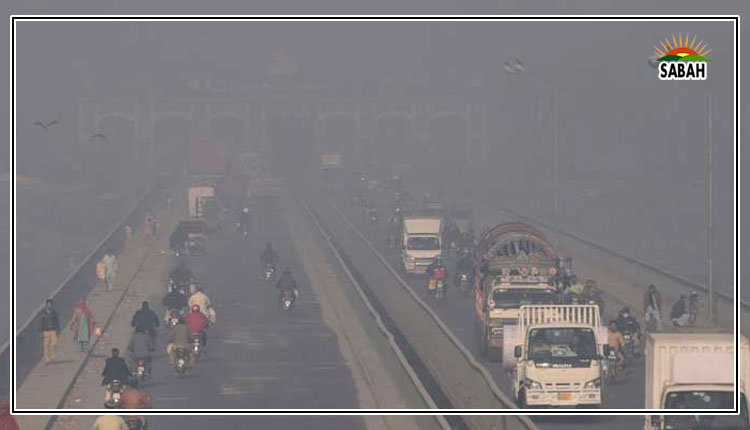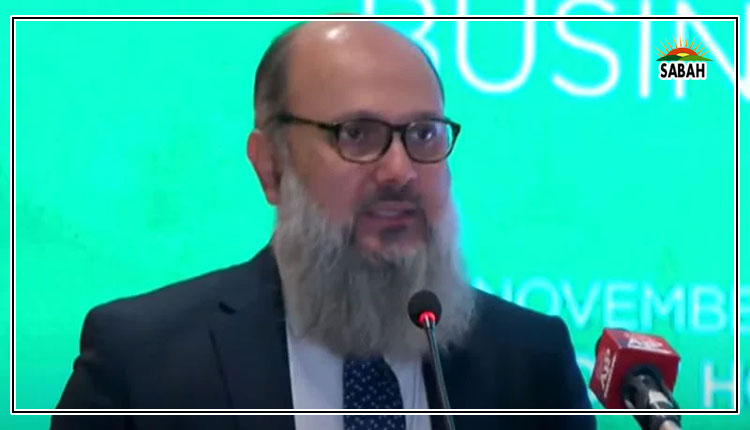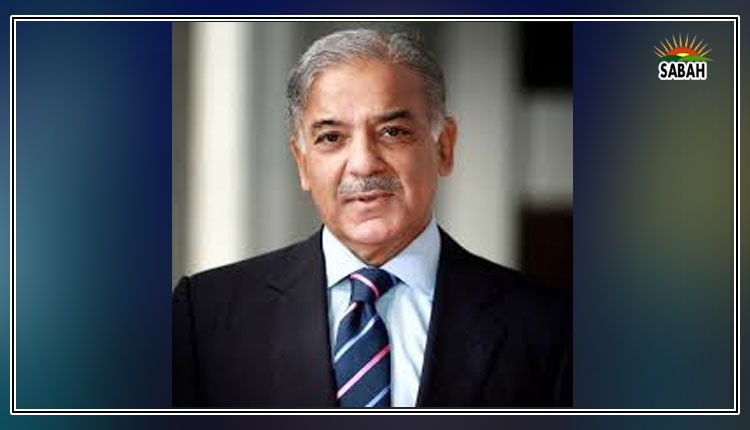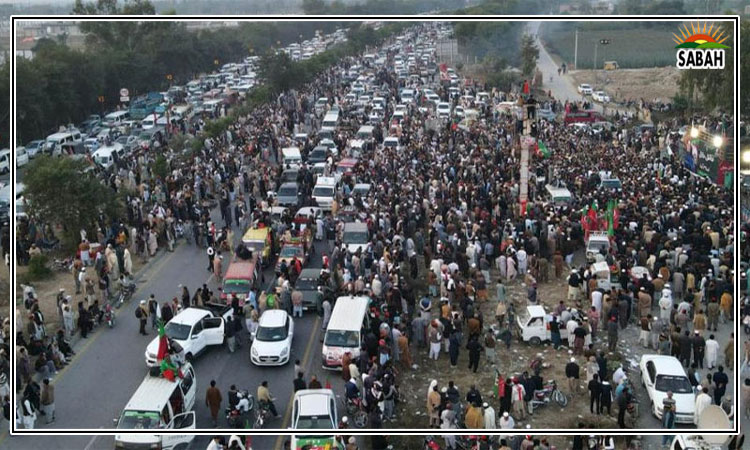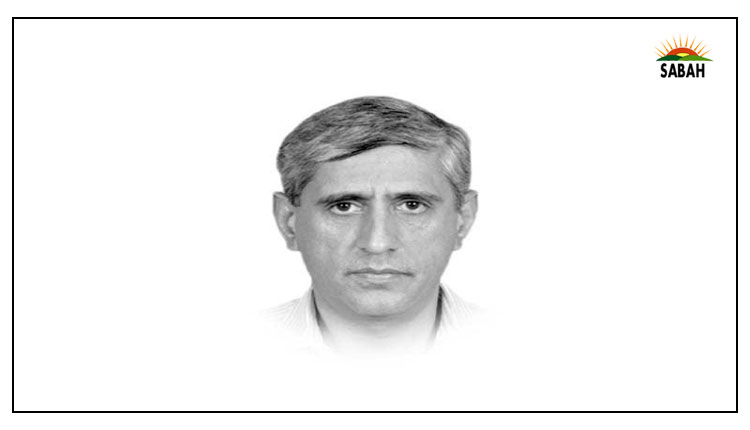Missing persons — the reality… Dr Raashid Wali Janjua
The missing persons issue in Pakistan is being framed as a serious human rights and anti-state narrative in Pakistan by the relatives as well as lobbies associated with the missing persons. Missing persons are the people that disappear without any information to their families who generally assume that they might have been abducted or eliminated by the law enforcement agencies (LEAs). In Pakistans context a large number of missing persons belong to the provinces wracked with insurgencies and depredations of crime cartels. This factor makes their status a subject of anti-state diatribes by the human rights activists and the aggrieved relatives who are influenced by the accusatory rhetoric peddled by such lobbies.
The facts however are different and the grey zone between the facts and the accusations is filled by speculation and calumny covering the truth in a miasma of half-truths and accusations. Most of the missing persons in Pakistan are those who voluntarily leave their homes to join a militant outfit and then are either killed in some terrorist activity or go incommunicado severing all links with the family, only to resurface later as either a casualty of a terrorist act or an accomplice in a crime enterprise unearthed by the LEAs. A sizeable number also comprises those who cross the border illegally to migrate abroad as economic migrants.
It needs to be remembered that missing persons is not a Pakistan-specific phenomenon but rather a global issue. A comparison with some well-known democracies would show that compared to 2311 documented missing persons in Pakistan, the missing persons score of Germany, India, Sri Lanka, the UK and the US is 11000, 347524, 21374, 241064 and 93718 respectively. Pakistan is obviously scoring less compared to all the above examples, and especially the comparison with India with a ratio of 1:150 is intriguing. There is a very interesting report by International Commission on Missing Persons (ICMP) that correlates the increase in number of missing persons to adverse law and order situation and prevalence of conflicts in a country. Due to conflict situations the number of missing persons in various countries like Yugoslavia (1990), Mexico (War on Drugs), Sri Lanka and Iraq was 40000, 86451, 21374 and 1 million respectively.
Viewed in the above context, Pakistan, which has borne the brunt of terrorism and sub-nationalist insurgencies since 2001 and where the law-enforcement agencies have responded against terrorists under the law of the land, has observed extreme restraint. The number of total missing persons registered by Commission of Enquiry on Enforced Disappearances (CoIoED) till January 2024 is 10143. Out of these the CoIoED has resolved 7832 cases (success rate of 77%) leaving 2311 cases unresolved. The resolved cases include individuals who had died in accidents with bodies unclaimed, deaths due to personal vendettas, illegal crossing over to neighbouring countries, and individuals who had become part of terrorist outfits.
The Government of Pakistan has dealt with missing persons cases with special care offering munificent rehabilitative package to the affected families including those who died fighting Pakistan Army and those whose family members got killed during the conduct of the operations by the military. The issue of missing persons identification becomes complex when the unclaimed and unidentifiable bodies are found. According to two Pakistani NGOs dealing with the disposal of the bodies after the accidental deaths i.e. Edhi and Chippa, a total of 35000 unclaimed and unidentified bodies were found between 2005 and 2023. Now no one knows whether those bodies included the persons claimed missing by their relatives.
There were 2772 missing persons from Balochistan out of the total 10143 registered cases; and out of those only 475 cases remain unresolved. Mr Akhter Mengal, the head of BNP-M, had claimed in front of the CoIoED that there were 5006 missing persons from Balochistan. Subsequent enquiries proved that only 683 people out of 5006 reported cases could be verified by the local elders. The issue of missing persons especially in Balochistan is being used to whip up public hatred against the LEAs at the behest of hostile intelligence agencies such as RAW. A narrative of alienation of Baloch people from the Pakistani state is being sedulously nurtured using activists like Mahrung Baloch who was actually helped by the state after the death of her father Abdul Ghaffar Lango, an alleged BLA militant.
The state has not shown any rancour or vendetta mentality vis a vis the BLA & BLF activists despite grave provocation. The CoIoED is a coordinating entity for all law enforcement and intelligence agencies focused on investigating the cases of missing persons, besides facilitating contacts with the global organisations like OHCHR and UNWGEID. The hostile intelligence agencies that have imposed a proxy war on Pakistan support the ethno-particularistic entities like BLA and BLF, besides painting the LEAs as villain of the peace through activists like Mahrung Baloch who in a Freudian slip owned up the terrorists who died in a Pakistani retaliatory strike on Iranian territory.
The BLF militants who use terror as a weapon to further their nefarious agenda of separatism operate from safe sanctuaries across the international borders. Poverty, joblessness and frustration of masses are exploited by these terrorists and their handlers to recruit volunteers to their cause. The death of BLF militants like Dosta alias Chairman, Sahil alias Shafaq, Wazir alias Wazoo, and Bajar alias Somnat on Iranian soil in Pakistani retaliatory strikes is a clear proof that a large number of missing persons were actually not missing but operating a terrorist network from foreign soil.
The above facts clearly show that the missing persons phenomenon is a global issue rooted in weak law and order milieu, long drawn conflicts, economic problems and proxy warfare. The phenomenon should best be treated like a pathology with the right prophylactic treatment instead of the expensive curative dosages with serious side effects of anti-state sentiment.
Courtesy The Express Tribune


